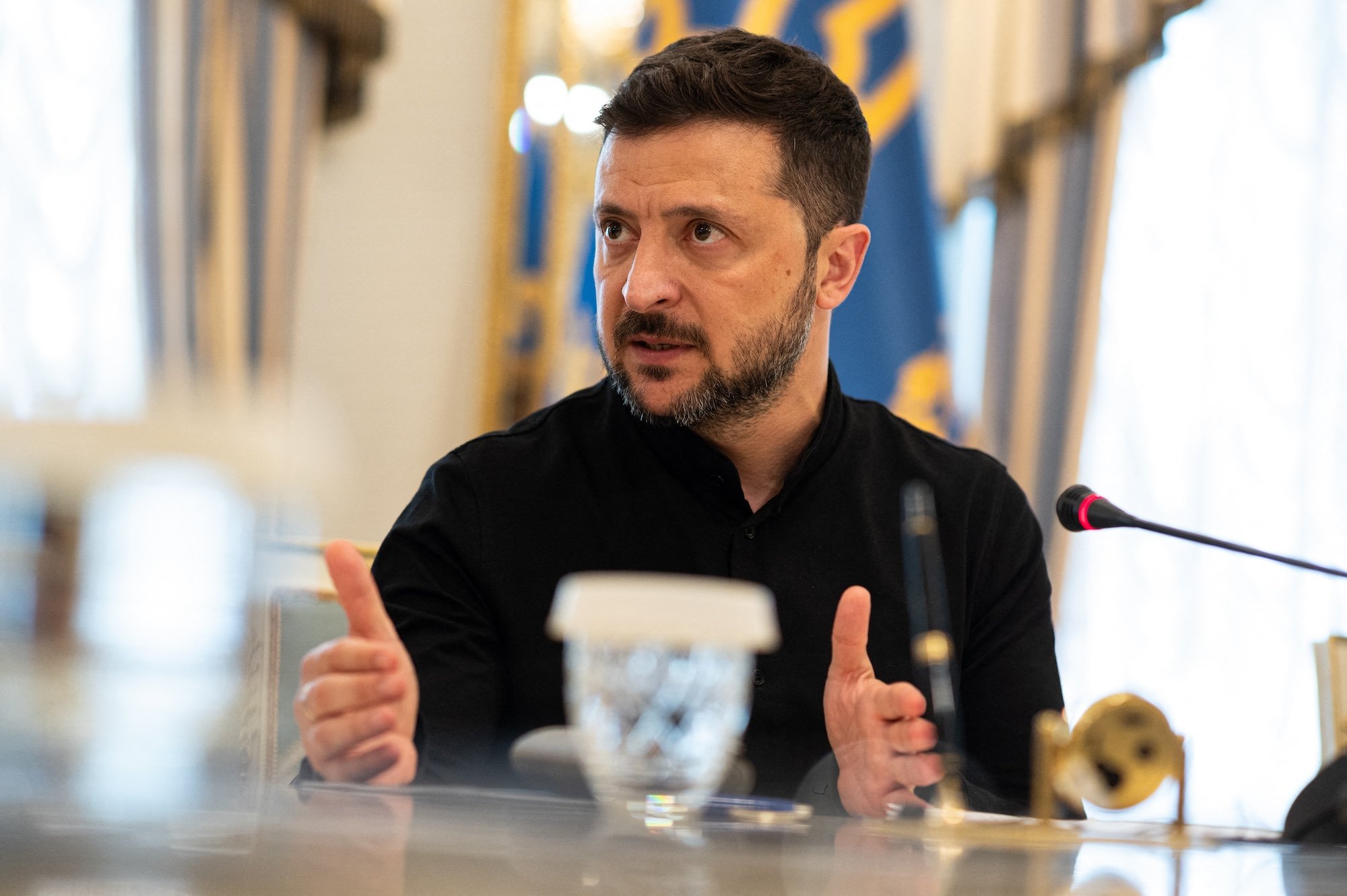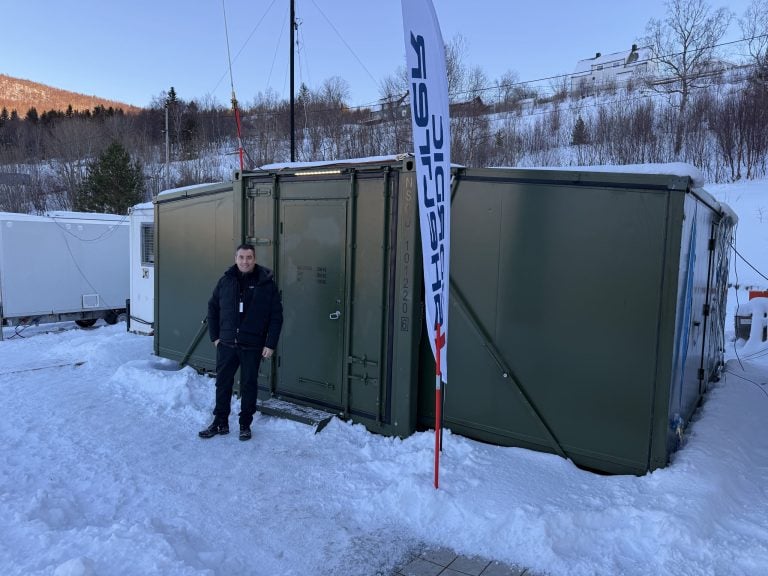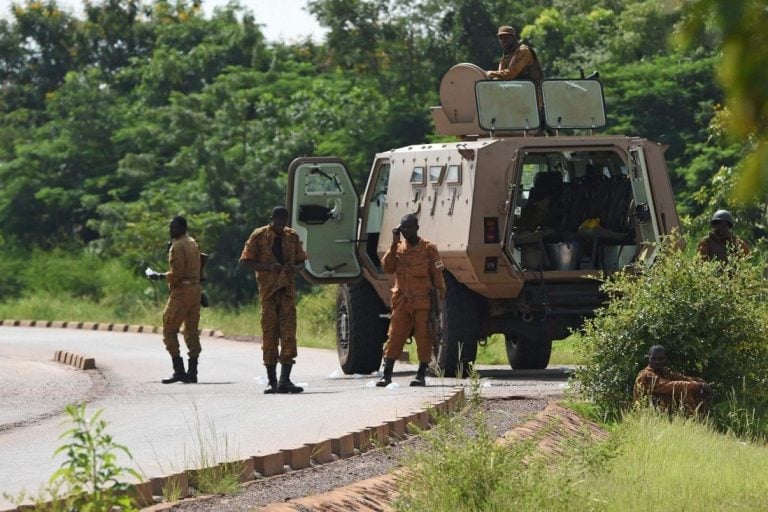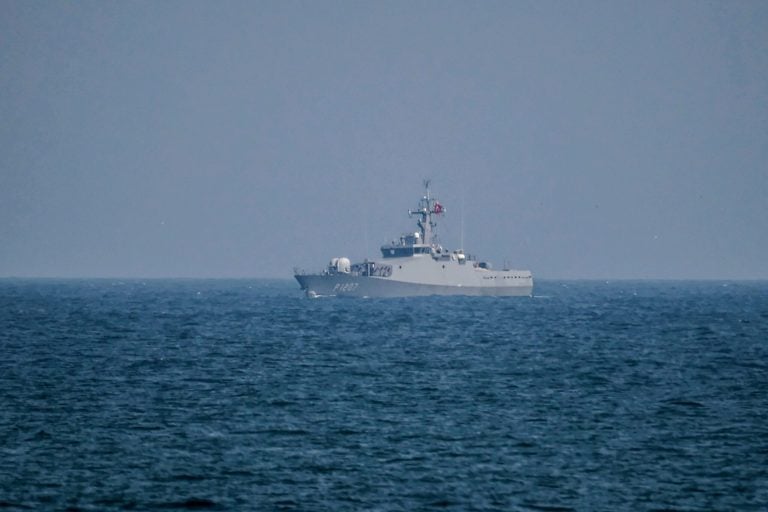Ukrainian officials have expressed concerns that the recent military escalation between Israel and Iran could detract from crucial support for Ukraine amid an already fragile European commitment. Following Israel’s extensive military operations targeting Iranian nuclear and military sites, Iran retaliated with drone and missile strikes on Israeli territory. This heightened conflict has raised alarm internationally, with calls for restraint and worries about a potential spillover into a broader conflict.
In Ukraine, these developments are met with immediate concern over the future of military aid. President Volodymyr Zelensky emphasized that he hopes such tensions do not lead to a decrease in assistance to Kyiv, recalling that previous political situations had impacted aid levels negatively. He remarked, “We would like to see aid to Ukraine not decrease because of this.” Zelensky identified the existing stalling of European support largely centered around the lack of United States engagement, warning that Europe remains uncertain about its next steps should U.S. aid be withdrawn.
The recent return of Donald Trump to the White House has notably shifted the dynamics of U.S. support for Ukraine. His approach has contrasted sharply with that of the previous administration, which had limited contacts with Russia after the invasion of Ukraine in 2022. Trump’s cordial engagements with Russian President Vladimir Putin have surprised NATO allies and introduced new uncertainties regarding American military, financial, and intelligence backing for Ukraine.
Zelensky has characterized the U.S. administration’s tone toward Russia as “too warm” and detrimental to peace efforts. The mounting crisis with Israel and Iran has prompted concerns that U.S. resources may be redirected away from Ukraine towards bolstering Israel’s defense, particularly as Trump considers prioritizing alliances with countries like Iran.
Furthermore, the Israeli strikes have had economic repercussions, leading to a surge in oil prices, a situation Zelensky noted as unfavorable for Ukraine. He asserted that rising oil prices would ultimately benefit Russia, urging the West to implement price caps on Russian oil exports. Zelensky expressed hope that he would raise the issue of price caps in an upcoming meeting with Trump.
In a separate development, Ukraine and Russia executed a prisoner exchange on Saturday, marking the fourth such exchange in just one week, following agreements made during peace talks held in Istanbul earlier this month. Ukraine reported that it has managed to halt Russian advances in the northeastern Sumy region. The ongoing hostilities have already forced millions to flee their homes, laying waste to numerous towns and cities in eastern Ukraine.
Under the Istanbul agreements, Ukraine revealed that it received 1,200 unidentified bodies from Russia, claimed to be Ukrainian citizens including military personnel. There was no indication of any reciprocal exchanges from Ukraine’s side.
As Russia escalates its military offensives, particularly aimed at establishing a buffer zone in the Sumy region to fortify its border with Ukraine, Zelensky asserted that Ukrainian forces successfully countered these advances, retaking one village in the face of significant Russian troop involvement.







